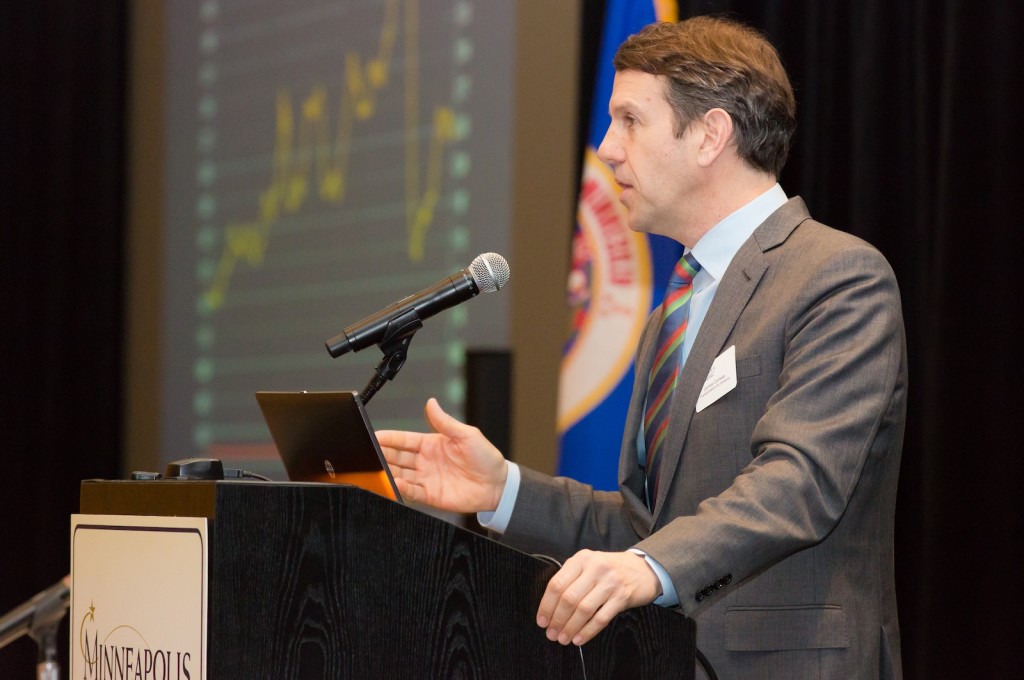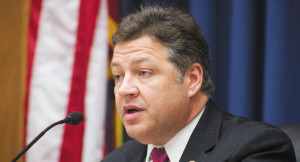Our op-ed in The Hill today: Helping the feds help the locals to help the economy

The Hill newspaper ran a special section on transportation today and were kind enough to include an opinion piece from us, along with former U.S. DOT Secretary Ray LaHood, House Transportation and Infrastructure Chairman Bill Shuster (R-PA) and Sen. Mark Warner (D-VA).
We began the piece by noting that transportation is facing its own version of the “fiscal cliff” this fall, as the transportation trust fund begins to bleed red ink. (More on that, based on the latest Congressional Budget Office estimates, in the next post.) As we have said before, we think Congress needs to bite the bullet and supply the needed funds, but with a caveat:
If we are going to raise the necessary revenue — and we argue emphatically that we should — we have to be able to articulate a clear and compelling case that the investment will lead to improved long-term economic prosperity. At the same time we need to direct more of the funding and latitude to local communities, rewarding the most innovative projects at the level where voters can best be assured of accountability.
Secretary LaHood sounded a similar theme, connecting progress at the local and regional level to the nation’s economic health, and emphasizing the federal role.
What will it take to modernize America’s transportation infrastructure and keep us economically competitive? I believe that it’s going to take courage and vision: vision to devise a long-term strategic plan that is based on measurable economic results, and courage to make the hard choices necessary when it comes to paying the bill.
Governors and mayors have been watching the gridlock in Congress with growing alarm. … As a result, many of them have made the hard choice to raise revenue themselves, either through fuel taxes or sales taxes. The public has also endorsed many of these efforts — 91 percent of all ballot initiatives in this past November’s election passed. But don’t misunderstand — these local and statewide efforts should not replace the federal government’s responsibility here. …The only way to maintain and upgrade a well-functioning American infrastructure and transportation system is for federal leaders to show courage and have a vision for national priorities.
In his op-ed, Chairman Shuster emphasizes the role Congress and the federal transportation program, due to be reauthorized later this year, can play in preparing the country for the big shifts in technology and travel patterns that are under way:
One of the committee’s highest priorities in 2014 is a new surface transportation reauthorization that will help strengthen our national system of highways, bridges and transit. As we continue to develop this legislation, we are exploring the role technology can play in moving freight and people more efficiently, improving safety and maximizing our resources.
How we build and navigate the surface transportation system today is quickly evolving, thanks to technology. It affects everything from the way roads are constructed to how traffic is monitored and managed to how car-sharing services and smartphone apps complement the methods by which we get around.
Working together, we must continue to embrace technology and innovation while we look ahead to the future of our transportation and infrastructure. But we cannot forget that we have to begin planning for that future today.
For the last nine months or so we have been traveling the country talking to local leaders who are eager to make sure Congress don’t forget that need to plan, and to keep the needs of our centers of population and commerce in mind.
As we said in concluding our op-ed: “The mayors, chamber executives, civic leaders and major employers we have been talking to are ready to make the pitch to their own constituencies and provide backing for members of Congress willing to act on behalf of our current and future prosperity. Because the national economy is only as strong as the local economies that make it up, these leaders understand these needs better than anyone and articulate them clearly. The only question is whether Congress will follow their lead.”





